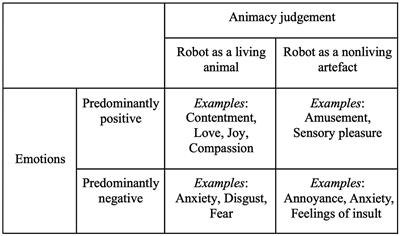EDITORIAL
Published on 05 Mar 2025
Editorial: Sociology of emotion and affect in the age of mis-, dis-, and mal-information
doi 10.3389/fsoc.2025.1563408
- 492 views
1,725
Total downloads
10k
Total views and downloads
EDITORIAL
Published on 05 Mar 2025
POLICY AND PRACTICE REVIEWS
Published on 11 Dec 2024
ORIGINAL RESEARCH
Published on 07 Jun 2024
ORIGINAL RESEARCH
Published on 08 Apr 2024
